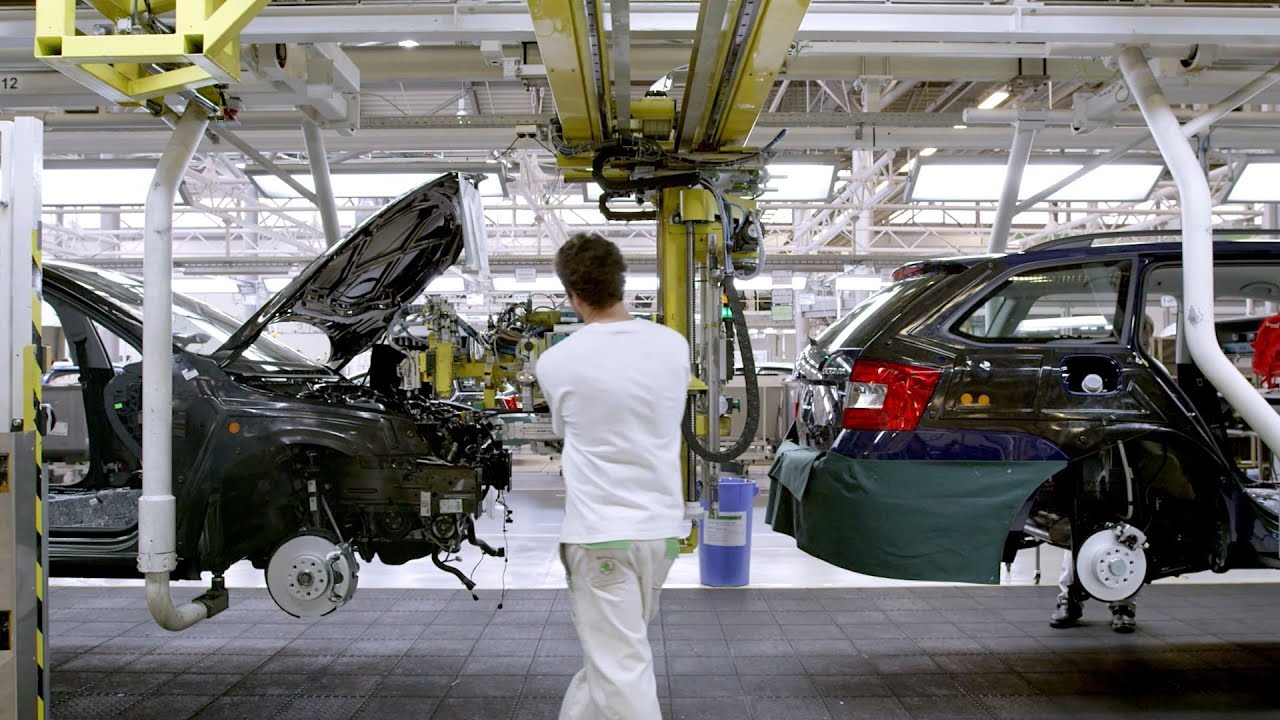The global semiconductor shortage is expected to last for several years beyond 2022 for the automotive industry and many other sectors, says German consultancy group Roland Berger.
The biggest shortages are seen in older generation chips, the legacy semiconductors on which the automotive industry is reliant, Kallanish notes. Additional manufacturing capacities are mainly being built up for newer generations, meaning that these investments will offer little relief, the organisation observes.
“The gap between semiconductor supply and demand is getting bigger and bigger,” says Falk Meissner, partner at Roland Berger. “There is no improvement in prospects anytime soon, because the reasons for the supply crunch are structural and related to the way supply chains are currently set up. The shortage of chips will persist into 2023 and probably beyond.”
The capacity expansions that have been announced are not enough to meet demand, he adds.
Roland Berger analysis indicates chip demand will increase by 17% on-year from 2020 to 2022. Yet production capacity will rise by only 6% on-year in the same period.
With semiconductor factories already running at 97% capacity on average, a rapid expansion of production is not realistically possible, the analysts conclude. “Some car manufacturers are already switching from a just-in-time to a just-in-case approach and thus overstocking semiconductors. In the short term, this aggravates the supply shortage even more,” Roland Berger says.
The automotive industry is already in the process of transitioning to new electronic vehicle production. Technology and automotive company experts interviewed for the study believe it will take traditional car manufacturers more than five years to complete the transition.
“Companies from the automotive industry and other sectors that rely on semiconductors need to actively address the crisis,” says Meissner. “Long-term direct supply contracts with semiconductor companies that include reciprocal capacity commitments and purchase obligations over several years are an important lever.”
The global automotive sector has rebounded strongly since the initial Covid-19 lockdowns in 2020 but supply chain disruption is constraining further growth. Global semiconductor shortages are seen costing the worldwide automotive industry around $210 billion in lost revenue last year, with almost 8 million units of output seen lost in 2021.
Svetoslav Abrossimov Bulgaria






